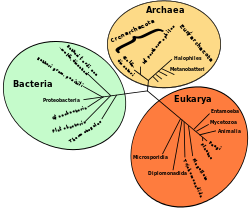The second entry for the word tool in the Merrian-Webster dictionary states:
Something…
used in performing an operation or necessary in the practice of a vocation or
profession
Since the origin of the genus Homo, human beings have used tools, which together with
skeletons or fossilized bone fragments are one of the main sources of
information about our ancestors. Monofacial and bifacial pebble tools seem primitive
today, but during human prehistory they served as weapons and tools and surely
helped us survive.
Information technology, which has developed significantly during the last century, has provided us with many useful tools. Throughout the 21st century, these tools have become increasingly “intelligent,” tackling tasks that until very recently could only be performed by humans. But when using them, we should keep in mind some very general ideas, which should always be applied, but not always are:






